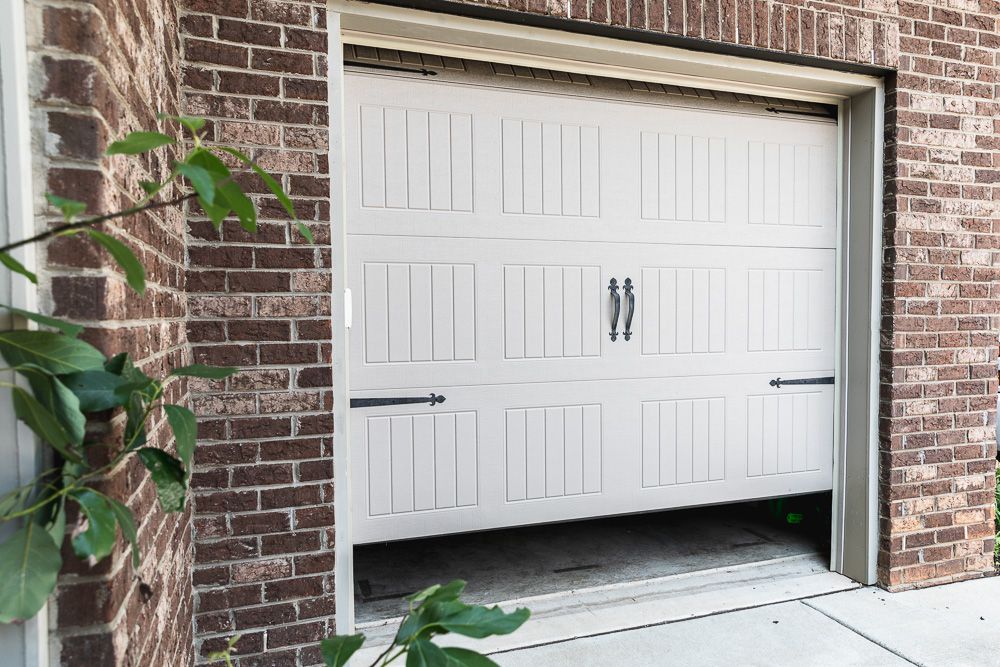Your garage door opener is an essential part of your daily routine, providing convenience and security. However, when it suddenly stops working, it can be a frustrating and perplexing issue.
In this article, we’ll explore the common reasons why your garage door opener might not be functioning as expected and provide solutions to help you troubleshoot the problem.
- Electrical Power Issues
Why is my garage door opener not responding at all?
Your opener may not be receiving power. Start by checking the electrical connections. Make sure the power cord is securely plugged in, and there are no blown fuses or tripped circuit breakers in your electrical panel.
- Remote Control Problems
If the remote control isn’t working, it might be due to dead batteries, a damaged remote, or interference from other electronic devices. Try replacing the remote control batteries and reprogramming it. If that doesn’t work, you may need to obtain a new remote.
- Blocked Safety Sensors
Most garage door openers come equipped with safety sensors that prevent the door from closing if an object or person is in the way. If these sensors are blocked, misaligned, or dirty, your garage door opener won’t work correctly.
- Misaligned Safety Sensors
The sensors on both sides of your garage door should be aligned perfectly with each other. If they’re misaligned, they won’t communicate properly, and your door won’t close. Adjust the sensors so they face each other directly, and make sure there are no obstructions.
- Broken Torsion Springs
The torsion springs on your garage door counterbalance its weight, allowing the opener to lift and lower the door easily. If these springs break or become damaged, your opener may struggle to operate.
- Track Obstructions or Misalignment
If there are obstructions in the tracks or if the tracks are misaligned, it can cause the opener to stop working. Carefully inspect the tracks and ensure they’re clear of debris and properly aligned.
- Faulty Wiring
Examine the wiring of your garage door opener for any damage or loose connections. Faulty wiring can disrupt the communication between the opener and the door.
- Opener Gear and Sprocket Issues
The gear and sprocket assembly in your garage door opener can wear out over time. If you notice grinding or strange noises when the opener is in operation, this could be the culprit.
How to Address a Non-Functioning Garage Door Opener
- Check Power and Remote Control: Start by verifying the power source and the condition of the remote control. Replace batteries and ensure a strong electrical connection.
- Inspect Sensors and Safety Features: Examine the safety sensors and make sure they’re clean and properly aligned. Clear any obstructions around the sensors.
- Check for Obstructions: Inspect the tracks and garage door for any obstructions. Remove any debris that could be blocking the door’s path.
- Torsion Springs and Wiring: For complex issues like broken torsion springs or faulty wiring, it’s recommended to seek professional assistance for garage door opener repair in Suffolk.
- Regular Maintenance: Prevent future problems by scheduling routine maintenance for your garage door and opener. This can help identify issues before they become serious.
In conclusion, a malfunctioning garage door opener can disrupt your daily routine and create security concerns. By understanding the common reasons behind garage door opener issues and following these troubleshooting steps, you can often pinpoint the problem and address it effectively.
If you’re located in Chesapeake and require garage door services, including garage door replacement or opener repair in Suffolk, consider reaching out to a reputable professional to ensure that your garage door system operates reliably and safely.





